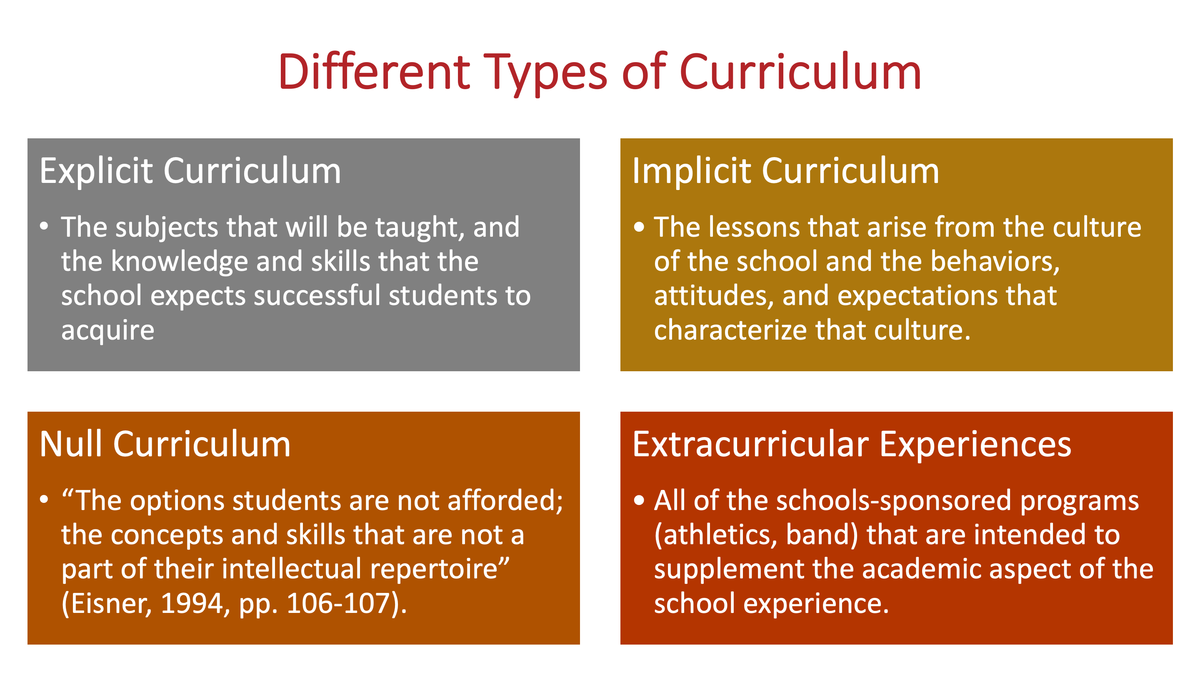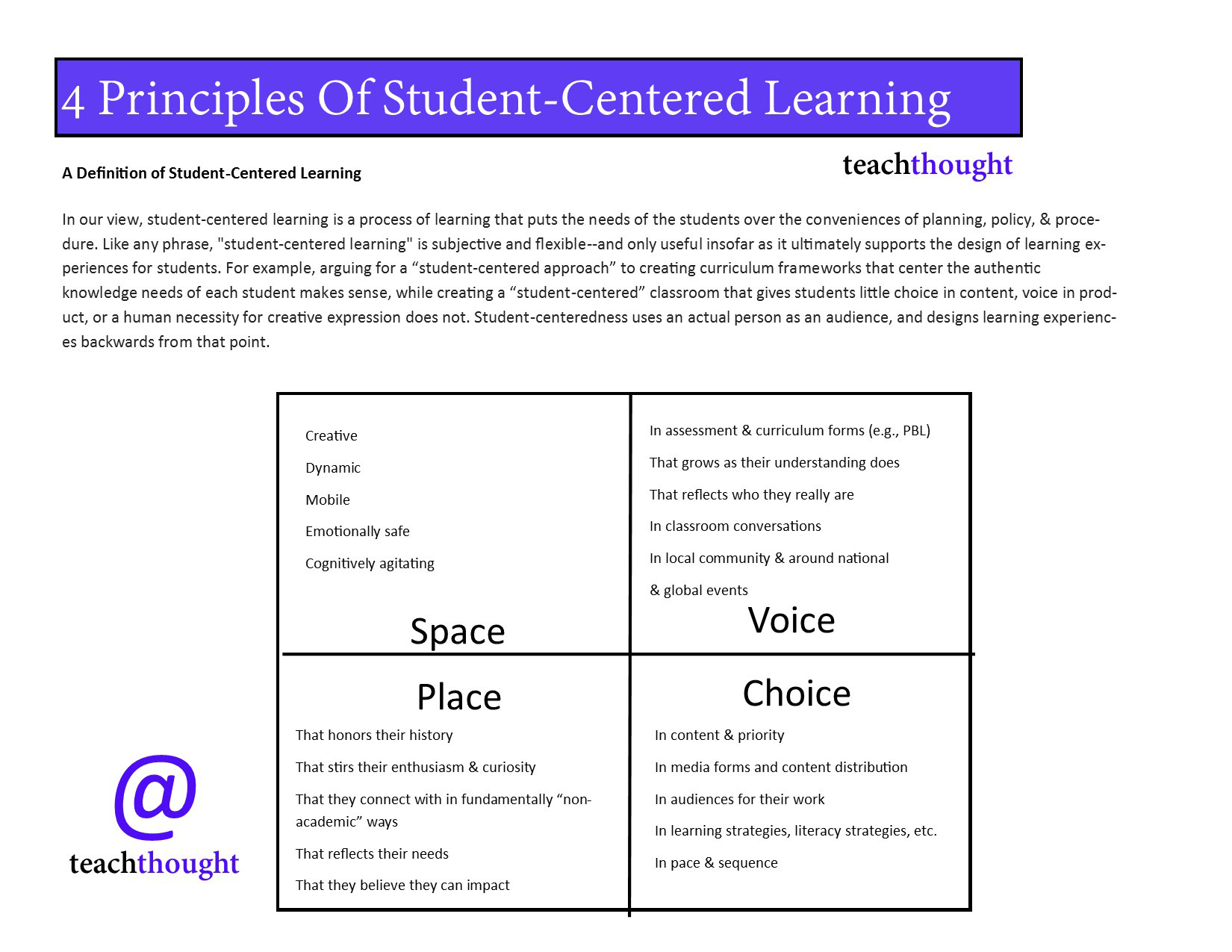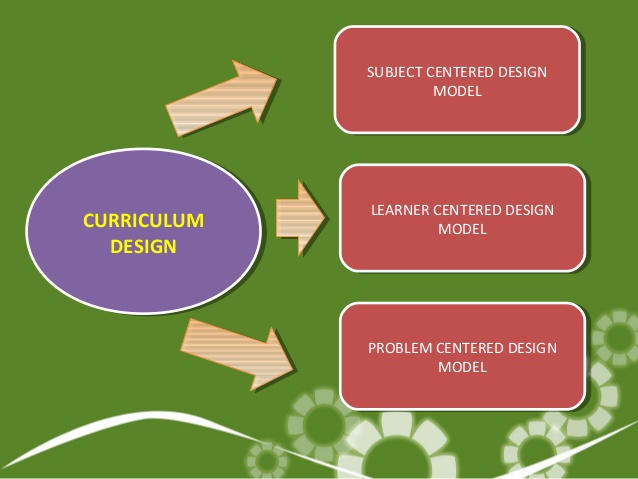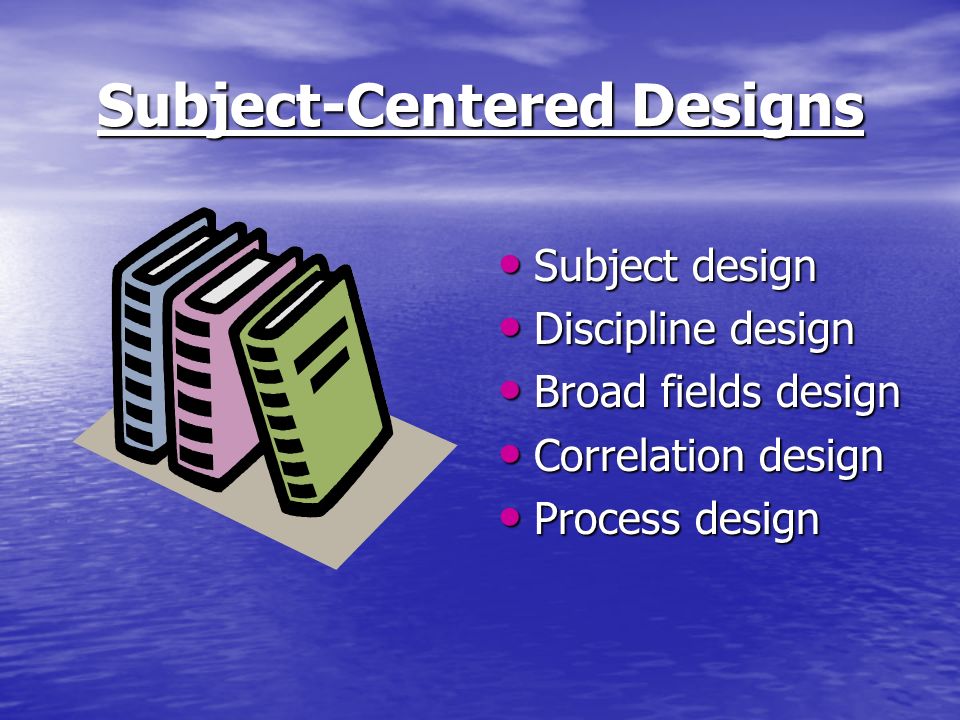A subject-centered curriculum is a type of educational curriculum that focuses on a specific subject or discipline, such as math, science, or English. In a subject-centered curriculum, the subject being studied is the primary focus of the educational experience, and all other subjects and activities revolve around it. This type of curriculum is often used in traditional educational settings, such as schools and universities, where students are expected to study a set of core subjects as part of their overall education.
One key feature of a subject-centered curriculum is its focus on the development of specific skills and knowledge related to a particular subject. For example, in a math-centered curriculum, students would be expected to learn advanced math concepts and techniques, such as algebra, geometry, and calculus. Similarly, in a science-centered curriculum, students would be expected to learn about scientific concepts, theories, and methods, as well as how to conduct experiments and analyze data.
Another feature of a subject-centered curriculum is the emphasis on subject-specific content. In this type of curriculum, students are expected to learn a set of specific facts, concepts, and theories related to their chosen subject. For example, in a history-centered curriculum, students might learn about key events, people, and movements in history, as well as how to analyze and interpret historical documents and sources.
Subject-centered curricula have a number of advantages and disadvantages. One advantage is that they allow students to become experts in a specific subject, which can be useful for those who are interested in pursuing a career in that field. Additionally, subject-centered curricula can provide students with a deep understanding of a particular subject, which can be beneficial for those who are interested in further study or research.
However, there are also a number of potential drawbacks to subject-centered curricula. One disadvantage is that they may not adequately prepare students for the real world, as they may not provide a well-rounded education that covers a variety of subjects. Additionally, subject-centered curricula may not be as flexible as other types of curricula, as they may not allow students to customize their education or explore new subjects.
Overall, subject-centered curricula can be an effective way to educate students about specific subjects, but they may not be the best choice for everyone. It is important for students and educators to carefully consider the pros and cons of subject-centered curricula before deciding whether or not they are the right fit.









